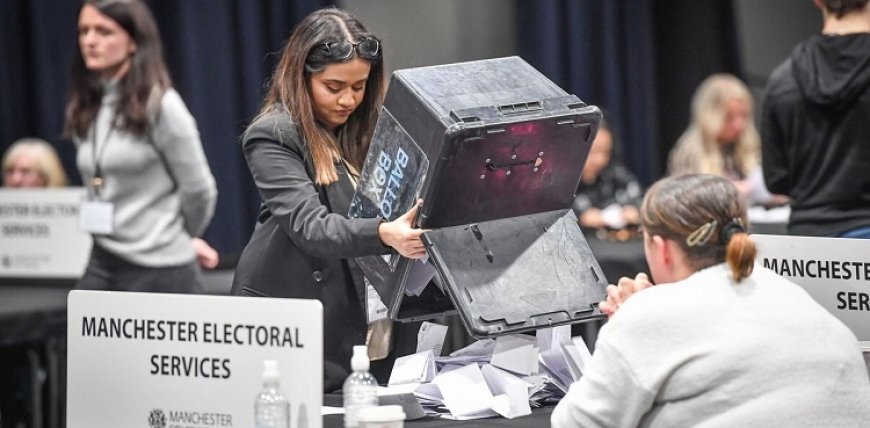UK ‘guinea pig’ for election security before landmark votes

1.
The UK general election is under intense scrutiny amid warnings of the growing threat posed by rapid advancements in cyber technology, particularly Artificial Intelligence (AI), and escalating tensions between major nations, potentially jeopardizing the integrity of the landmark 2024 votes.
Agnes Callamard, head of Amnesty International, sounded the alarm in April, emphasizing the dangers posed by unregulated technological advancements that can be exploited for discrimination, disinformation, and societal division.
The forthcoming UK election on July 4, preceding the United States' by four months, is poised to serve as a litmus test for election security, according to Bruce Snell, cyber-security strategist at US firm Qwiet AI. Despite the focus on AI, conventional cyber-attacks remain a significant concern, encompassing misinformation dissemination, party disruption, data breaches, and targeted attacks on individuals.
State actors, particularly China and Russia, are anticipated to be the primary threat, aiming to influence candidate promotion, manipulate public sentiment, and sow internal instability.
The UK benefits from a condensed election timeline, limiting attackers' window for planning and execution compared to the US. Additionally, its non-automated voting system mitigates vulnerability to attacks on election infrastructure.
However, the risk of institutional hacking persists, exemplified by China's alleged involvement in an attack on the Electoral Commission. Individual targeting is also prevalent, with potential for blackmail or misinformation dissemination using compromised accounts.
The emergence of AI-driven misinformation, notably "deepfakes," presents a formidable challenge, with the capability to fabricate convincing audio, video, and imagery. The proliferation of AI-generated "bots" further compounds the issue, as they inundate social media platforms with orchestrated commentary to sway public opinion.
Despite existing software to detect AI-generated content, its widespread implementation remains limited. Snell advocates for increased awareness and industry accountability to combat misinformation effectively, underscoring the imperative for collaboration between the AI sector and social media platforms in navigating this evolving landscape of digital deception.


















































